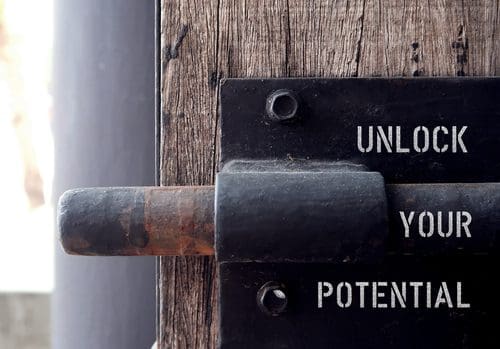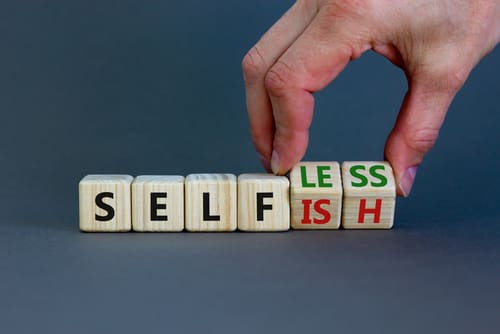For: Tyre Nichols
Although not always required, when candidates apply for the position of police officer, they can be given a psychology screening tool, known as the MMPI, the Minnesota Multiphasic Personality Inventory. One of the purposes of this “test (is) as a screening instrument for certain professions, especially high-risk jobs.” (Cherry, 2022)
When a candidate is screened via the MMP1 and deemed to be qualified to conduct herself and her job within parameters of mental wellness, what accounts for the police officers who misuse their power with the public? We know that systemic racism plays a part, as well as the culture of law enforcement.
However, I believe there is also another element that plays a role in police misuse of their power. This is their own personal story. Although the screening tool takes a snapshot of a potential officer before they are employed in the role, this does not cover what happens when police are on the job, day in and day out, coming up against other people’s traumas in real time, potentially triggering their own stories of trauma. Screening tools that seek to measure aggressive behavior in police at the entry level is not enough to trust and curtail one’s behavior as they do their job each day.
To safeguard a police officer’s mental health and the impact she will have on the community; I suggest that a fundamental requirement for police be to undertake on-going therapy. This can become a part of police reform that people are calling out for in America.
Therapists are highly encouraged to be in their own therapy and/or supervision as a good practice as they work with their patients because trauma, negative emotions, and struggle come up in our on-going work. This is as we sit quietly with our patients taking in their stories and holding it confidentially.
It is not that people who become therapists are crazy, but by the mere nature of continually being exposed to people’s trauma, we are often led into our own unprocessed anger, openings of our personal traumas, and more. Going to therapy and/or attending consult groups with fellow therapists helps to contain these feelings in an appropriate space that protects both therapists and their patients.
My imagination around police officers is the same. Their work involves unknown circumstances, painful situations, horrific crimes, personal danger and more. Although someone may be screened as non-aggressive for police work, over time it can be a hazard for any police officer to become angry, aggressive, and out of touch with what is and is not appropriate behavior. This, in tandem with having weapons on board, can be a deadly combination as we have seen time and time again in America.
No matter where we come upon these situations, whether in a therapy room or in “here and now” situations, our own stories can become activated. Without any place to process our feelings, we can become a danger to ourselves and to others over time.
For therapists, it can look like not being able to listen well to the other, intruding on our patient’s process, forcing our agenda on another, and more. For police officers, I imagine it can look like the brutality we have seen recently. When police officers cannot even understand what excessive force is, this is a sign that their own “excessive force within” is so great, unregulated, and unprocessed that the unconscious looks for an object, which can often be a person in police work, to take it out on in lieu of any safe place to contain it.
A good practice for police departments across America is to offer personal therapy on a regular basis. Police departments should be mandated to hire mental health professionals who can see each police officer who is actively working with people in the community. Here is a space where police officers can feel safe to speak about what has come up for them, how it may relate to their story, learn ways of diffusing anger, and more.
If police departments want an alternative to individual police therapy, group therapy is also a powerful way for police officers to come together with a mental health professional leading the group to process what they have encountered, how it may be affecting them on deeper levels, and have a safe space to contain it among one another. Further, mental health professionals can be called to listen actively to hear if a particular officer needs personal therapy.
We speak about a change in police culture. I absolutely agree. I think this includes looking at what is going on in the deeper psyche of any individual who is encountering trauma, violence, and unknown situations on a regular basis. As a therapist, we face this every day in a more passive setting. Add in the active setting and it is a recipe for violence, for being out of touch with one’s humanity, for not being embodied enough in self to know how they are bringing themselves to any given situation.
It is not enough to screen police candidates at the entry level. Police officers should be held in ways that support their mental health on a consistent basis with a mental health professional. This type of investment will also support the greater communities they serve. No, a police officer cannot be a mental health professional, but they should be required to have mental health support when they are actively in contact with the communities they serve.










